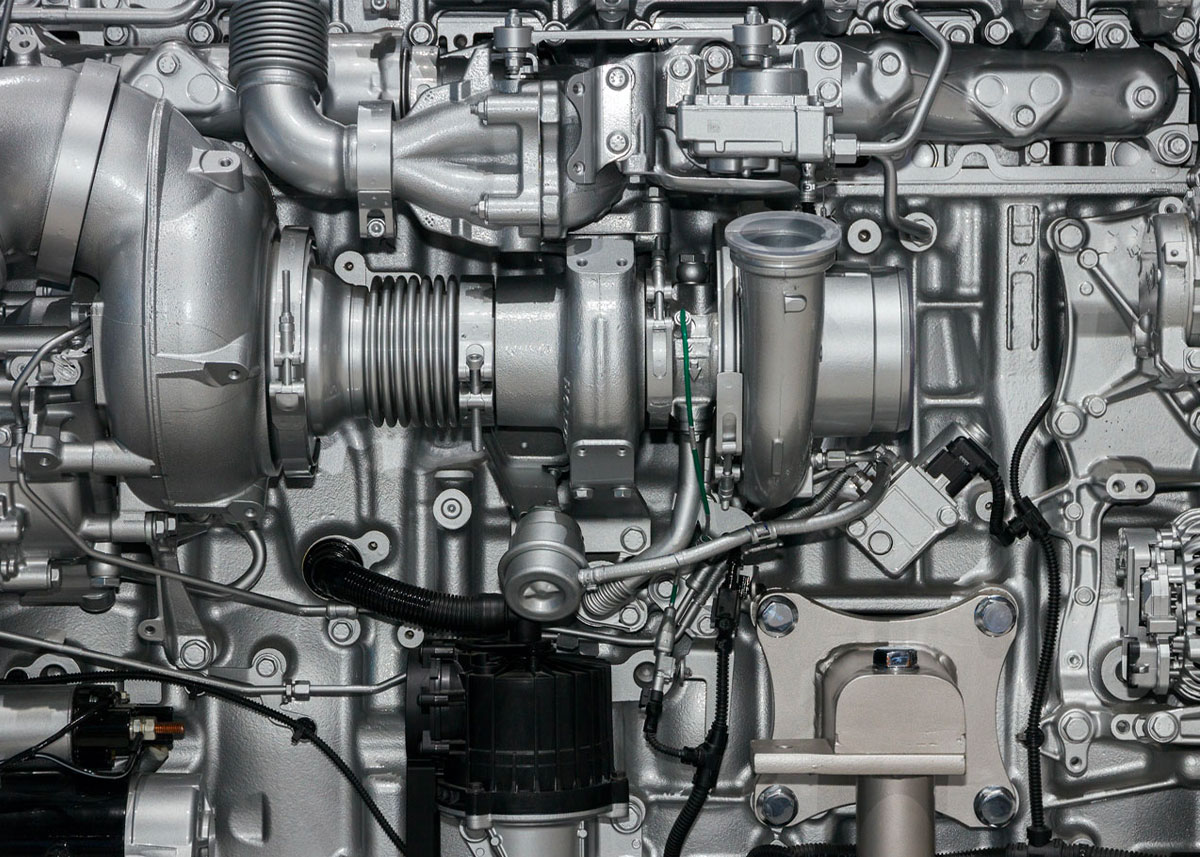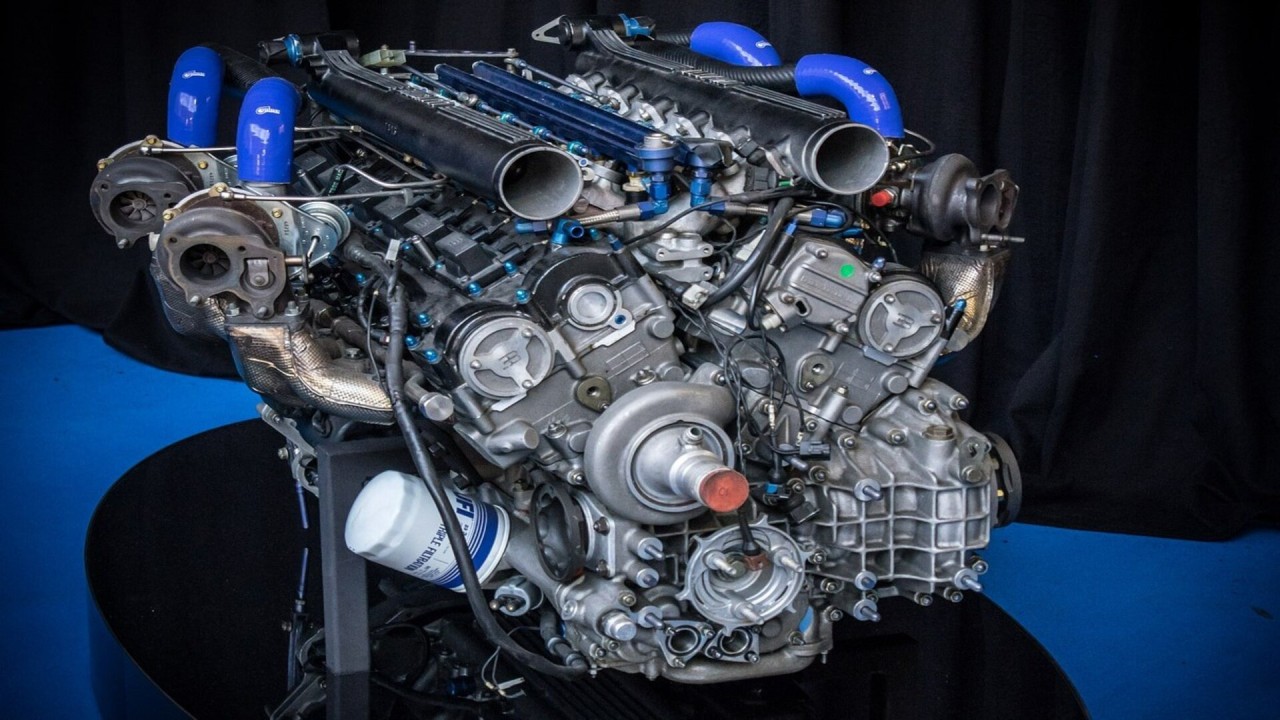What Sets Engines For Africa Apart in the Market
Check Out a Large Range of Engines for every single Vehicle and Purpose
The automotive landscape is significantly intricate, with a varied variety of engine types made to satisfy specific efficiency and effectiveness requirements throughout numerous automobile categories. Additionally, sturdy engines serve the needs of work vehicles, while environment-friendly options are gaining grip in the pursuit of sustainable transport.
Kinds Of Automotive Engines
Automotive engines can be classified into a number of distinct kinds, each designed to satisfy specific performance and performance requirements. One of the most usual classifications consist of interior burning engines, electric engines, and hybrid systems.

Electric engines, on the other hand, operate electrical power stored in batteries, offering instant torque and absolutely no discharges. These engines are coming to be progressively prominent because of improvements in battery modern technology and the growing focus on sustainability.
Crossbreed systems integrate both inner burning and electrical engines, enabling lorries to optimize fuel efficiency and minimize discharges by flawlessly changing in between source of power. Each engine kind offers its drawbacks and advantages, affecting elements such as car layout, intended use, and market need. When selecting the suitable engine for their certain needs., recognizing these distinctions is crucial for producers and consumers alike.
Performance Engines for Sports Cars
Performance engines for cars are particularly crafted to supply boosted rate, agility, and power, setting them apart from standard automobile engines. These engines typically use innovative technologies such as turbocharging, supercharging, and variable shutoff timing to take full advantage of performance and responsiveness.
Typically, performance engines are made with greater compression ratios, which permit higher energy removal from gas. This results in excellent horsepower and torque figures, making it possible for fast acceleration and higher top rates. The light-weight products utilized in these engines, such as aluminum and carbon fiber, add to reduced total lorry weight, improving handling and maneuverability.
Engine setups like V6, V8, and even hybrid systems are common in efficiency sporting activities cars and trucks, each offering unique benefits in regards to power delivery and driving characteristics. The tuning of these engines is additionally crucial; several producers maximize the engine monitoring systems to give a thrilling driving experience, frequently consisting of sport settings that change throttle feedback and gear changes.
Efficient Engines for Daily Commuters
In the world of daily travelling, efficient engines play a vital function in optimizing fuel economy and decreasing discharges while giving dependable performance. As urban populaces grow and environmental worries increase, the demand for automobiles outfitted with effective powertrains has actually risen.
Modern engines designed for everyday travelers commonly incorporate innovations such as turbocharging, straight gas shot, and crossbreed systems. Turbocharging enhances engine efficiency forcibly even more air into the burning chamber, permitting for smaller sized, lighter engines that do not compromise power outcome. Direct gas shot boosts gas atomization, resulting in much better burning and raised efficiency.
Crossbreed engines, combining internal combustion with electric power, additional augment fuel economic climate, especially in stop-and-go web traffic, where traditional engines can experience ineffectiveness. Electric electric motors help during acceleration and can operate separately at low speeds, lowering overall gas intake.
In addition, improvements in engine management systems and light-weight products contribute considerably to reliable engine layout. By concentrating on efficiency, longevity, and ecological sustainability, makers remain to deliver engines that not just fulfill the demands of daily commuting yet likewise line up with international initiatives to minimize carbon footprints.
Heavy-Duty Engines for Job Automobiles
Heavy-duty engines for job lorries are consistently engineered to supply extraordinary torque and reliability under requiring conditions. These engines are created to execute in atmospheres where traditional engines may falter, such as construction websites, logging procedures, and agricultural setups. The primary focus of durable engines is their ability to generate high degrees of power while keeping sturdiness over expanded periods of operation.
Normally, durable engines use sophisticated products and robust construction techniques to stand up to the rigors of heavy workloads. Attributes such as reinforced cylinder blocks, improved air conditioning systems, and learn this here now advanced fuel shot technologies add to their effectiveness. These engines commonly operate at reduced RPMs, which aids to enhance fuel effectiveness while supplying the needed power for hauling and transporting.
In enhancement to mechanical robustness, sturdy engines are often geared up with sophisticated digital control units (ECUs) that handle performance, emissions, and diagnostics. This integration allows for much better monitoring and upkeep, making sure that job vehicles remain functional and efficient.
Ultimately, sturdy engines are a crucial component in the efficiency of various markets, providing the needed power and integrity to deal with the most difficult of jobs.
Eco-Friendly Engine Options
The growing emphasis on sustainability has led to the growth of environmentally friendly engine alternatives that prioritize minimized emissions and enhanced fuel efficiency. These engines are developed to minimize the ecological impact of vehicles while still providing the efficiency and integrity anticipated by consumers.
Amongst one of the most web link noteworthy environment-friendly choices are hybrid and electrical engines. Hybrid engines incorporate traditional internal burning engines with electrical propulsion, enabling decreased fuel consumption and reduced greenhouse gas emissions. Electric engines, on the various other hand, operate completely on battery power, generating zero tailpipe emissions and adding to cleaner air top quality.
One more promising growth is the development of biofuel engines, which make use of eco-friendly resources, such as plant products, to power automobiles (Engines For Africa). By making use of biofuels, these engines can lower reliance on nonrenewable fuel sources and lower overall carbon footprints

As the automotive industry evolves, eco-friendly engine options will certainly play a crucial role in driving the transition towards more sustainable transport services.
Conclusion
From high-performance engines that click site improve sporting activities auto abilities to efficient designs prioritizing fuel economic climate for daily commuters, each type offers a certain feature. Heavy-duty engines provide to durable job cars, while environment-friendly alternatives, such as electrical and biofuel engines, promote sustainable transport.
